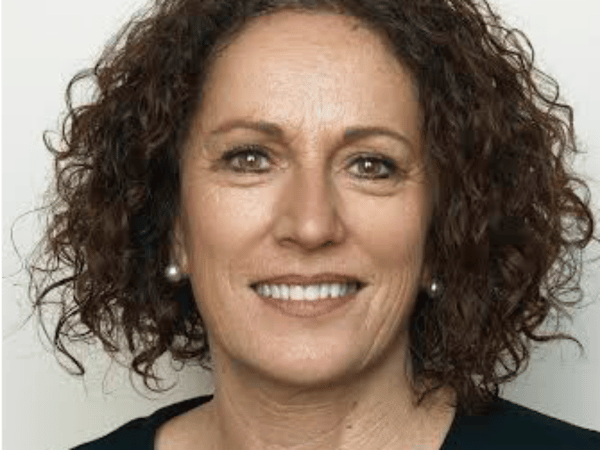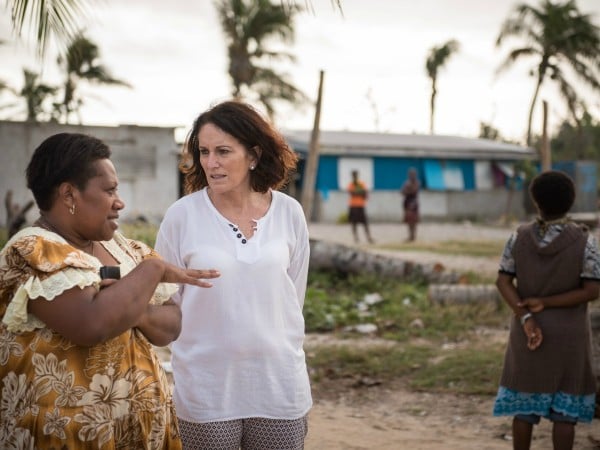
Each week we will be running Q&As with Australian women doing vital humanitarian and aid work. Women you may not have heard of.
First off, let us introduce you to Helen Szoke, the CEO of Oxfam Australia and a leading thinker and advocate for Australian aid and international development, human rights, gender and race discrimination.
1. What does your role entail on a day-to-day basis?
My days are hectic and start early. Often the media team will be on the phone in the early morning arranging urgent media commitments.
Each day is a great mix of public events with supporters, media and other stakeholders, as well as internal work with, and I say this very genuinely, the incredible staff at Oxfam Australia.
2. How did you become involved in humanitarian/aid work?
I was lucky. I have a background in human rights and when Oxfam approached me, I couldn’t have been happier, or felt more privileged, to be part of the work the organisation does to change the lives of some of the most vulnerable people in the world.
It’s been a steep learning curve, but the core principles of human rights are the guiding force of everything Oxfam does and this has helped me
navigate my early days in the organisation enormously.

